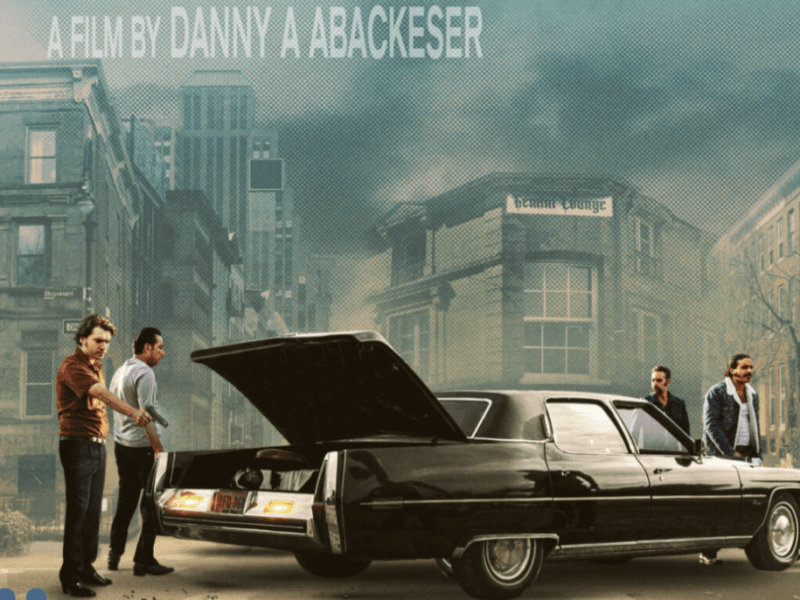
‘Dear Zachary’: Why you should watch this heart-wrenching documentary
The genre of true crime offers viewers a stimulating view of the intricacies of a criminal investigation. We play detective, piecing together the fragments of a story until we get the satisfaction of looking at a complete picture. Sometimes, however, there is no satisfying ending.
The documentary Dear Zachary: A Letter to a Son About His Father gathers the fragments of a true crime story about young doctor Andrew Bagby and the terrible events surrounding his death. Bagby’s childhood friend Kenneth Kuenne made the film as a way to document the memories of Andrew’s life.

A senseless crime
On November 6, 2001, Bagby’s body, shot five times, was found in a park near his hometown of Latrobe, Pennsylvania. The main suspect was his ex-girlfriend and Canadian citizen, Shirley Turner. The two had broken up only two days prior, right before Turner left by plane for Council Bluffs, Iowa.
The police discovered through phone records that Turner had returned to Pennsylvania the day before the murder. The bullets found in Bagby were also a match for the ones in Turner’s gun. Before police could apprehend her, Turner moved back to St. John’s, Newfoundland, and her arrest was impeded by a complicated extradition process.

During the extradition process, Turner revealed she was pregnant with Bagby’s child, a baby boy she named Zachary. As soon as Bagby’s parents learned of the pregnancy, they moved to Canada and won custody of Zachary after Turner was convicted by a provincial Canadian court.
However, Turner was later released on bail after a judge ruled she was not a threat to society. Bagby’s parents were forced to give Turner joint custody of Zachary. The ultimate tragedy of this story came when Turner, in 2003, jumped into the Atlantic Ocean, holding her one-year-old baby Zachary in her arms.

Story of a life
While Kenneth Kuenne’s documentary Dear Zachary: A Letter to a Son About His Father was named for the boy, he began filming before Turner’s pregnancy was even announced. His intention was just to explore Bagby’s life and interview those who knew him. Kuenne wanted to gather memories of Bagby, from the fact that he always wore shorts to his goofy, fun-loving nature.
Dear Zachary is not a cinematic marvel, and its frantic editing and heavy-handed imagery can be off-putting. The speed at which Kuenne rushes through the details of the case would not do at all for any professional true-crime documentary set to lure in an audience with gruesome facts.
Kuenne’s documentary instead puts the victim before the crime. It does away with the barrier of police procedure and legal hoopla and strikes directly at the humanity – or rather, inhumanity – of the crime. In his approach, Kuenne succeeds in presenting a full portrait of Bagby’s life, showing just how many lives Bagby affected and the deep grief that accompanied his death.

Kuenne adds his own memories to the film, along with his anger & grief over the senseless crime. Dear Zachary also takes steps to highlight the flaws in the Canadian legal system & Bagby’s parents’ exhausting battle to find justice for their lost son and grandson.
After the film’s release, Kuenne sent four hundred copies of Dear Zachary to every member of the Canadian Parliament to campaign for a bill to give more protection to children in custody disputes. Such was introduced on March 23rd, 2010, and “Zachary’s Bill” was signed into law two years after the release of Kuenne’s documentary.
—
If you’re fascinated by the world of true crime, sign up for our newsletter. We’ll send you all the relevant quizzes, articles, polls, and news you could want to your inbox.











